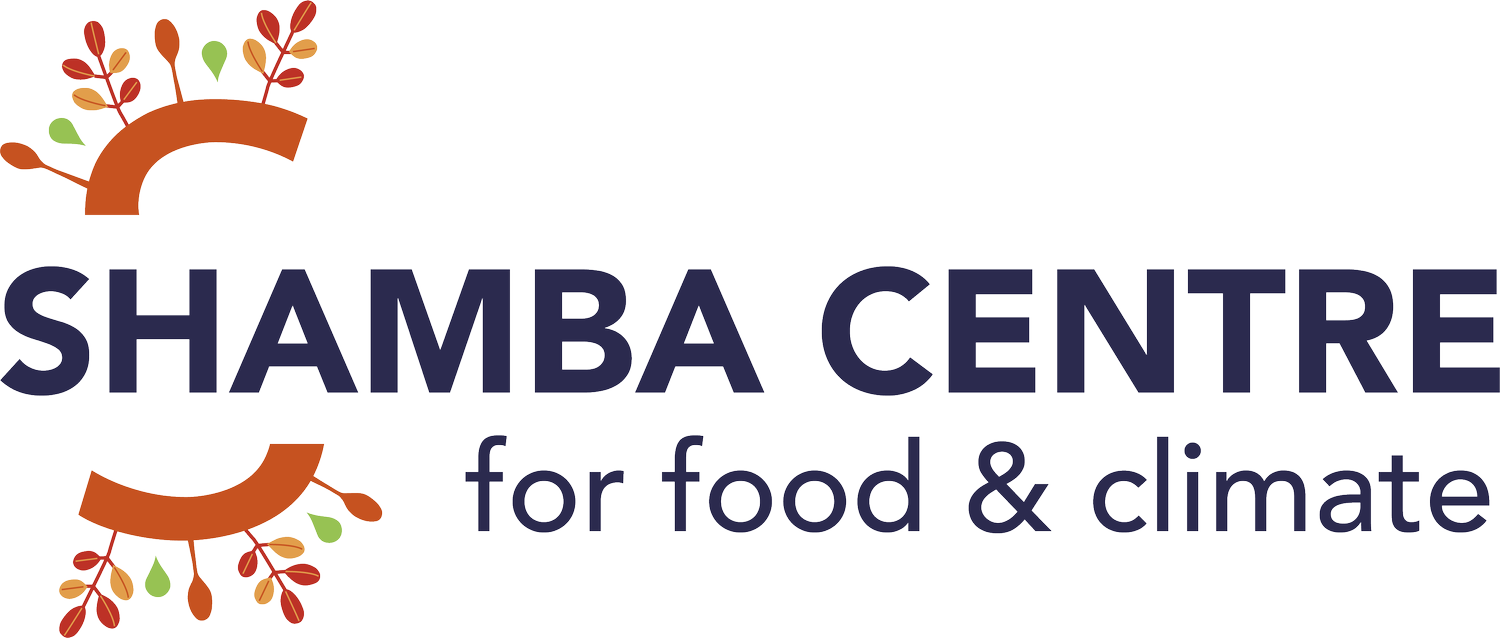
The G20 must reinvigorate the Common Framework for Debt Treatments
Let’s not compound the global food crisis with a sovereign debt crisis: The G20 must reinvigorate the Common Framework for Debt Treatments
By Oshani Perera, July 2022
The global food crisis is looming even larger, with the UN forecasting that 323 million people will become acutely food insecure in the coming months. And now, as the G20 Ministers meetings get underway in Indonesia, the IMF re-reminds us of another crisis waiting in the wings: that of sovereign debt.
Given that over 60% of lower income countries are facing a high risk of debt distress, the IMF Managing Director, Kristalina Georgieva is rightly urging the G20 to revisit the Common Framework for debt treatment that was adopted by the G20 and the Paris Club of official creditors in 2020.
The G20 Common Framework was a milestone for several reasons:
It includes both the Paris Club creditors and the emerging market creditors such as China, India, Saudi Arabia, UAE and Qatar, which overtook the Paris Club as lenders to poor countries over the last 10 years. (See figure 1 below.)
It provided low-income countries with a process to deal with insolvency, restructure sovereign debt and work with the IMF on an IMF-supported programme of reform.
It required private creditors to participate in debt relief and debt structuring on comparable terms to overcome collective action challenges.
In early 2020, in the wake of the COVID-19 pandemic, the IMF increased emergency lending and an additional $650 billion allocation of special drawing rights, with $21 billion directly allocated to low-income countries. The G20 leaders then committed $100 billion in lending to lower income countries on their special drawing rights. This made the Common Framework even more valuable.
It includes a Debt Service Suspension Initiative, which in 2020, was particularly targeted to help lower income countries suspend debt service payments to maintain economic stability during the Covid-19 pandemic.
The issue at hand, especially during a global food crisis, is that the Common Framework Debt Service Suspension Initiative expires at the end of 2022. Poor countries urgently need continued debt relief, and a reinvigorated G20 Common Framework to remain afloat and prevent hunger.
The Common Framework has been slow to respond. To date, only Chad, Ethiopia, and Zambia have made requests, and all have experienced delays. But perhaps, this is only to be expected. Coordination between creditors takes time and debt restructuring requires confidence and trust between creditors and debtor nations. Given that debtor nations lack the institutional and technical capabilities to assess debt sustainability and enter reform talks with the IMF, donors and creditors, discomfort and delays are heightened. Debtor nations also lack the governance, accountability and transparency mechanisms that are critical to increasing confidence in creditors.
Figure 1
Notwithstanding these difficulties, we trust that the G20 Finance Ministers will place the Common Framework at the top of their agenda when they meet later this week. We recommend that they accompany the Framework with programmes to boost efforts to improve public finance administration in debtor countries.
A global food crisis compounded with a global debt crisis will be more than catastrophic. As the world food crisis is likely to deepen, governments of poor countries must not be burdened by the dual crises of food insecurity and sovereign debt. Not only must they work with donors on crisis response, but they must also have the fiscal space to expand domestic food production and strengthen agri-food value chains. Debt relief has never been so urgent!
References:
UN Security Council, Food Security briefing, May 2022
Georgieva K; Pazarbasioglu C; Le Cadre Commun Du G20 Pour Les Traitements De Dette Doit Passer À La Vitesse Supérieure, International Monetary Fund. December 2021
G20; Paris Club; Common Framework for Debt Treatments beyond the DSSI, December 2020

